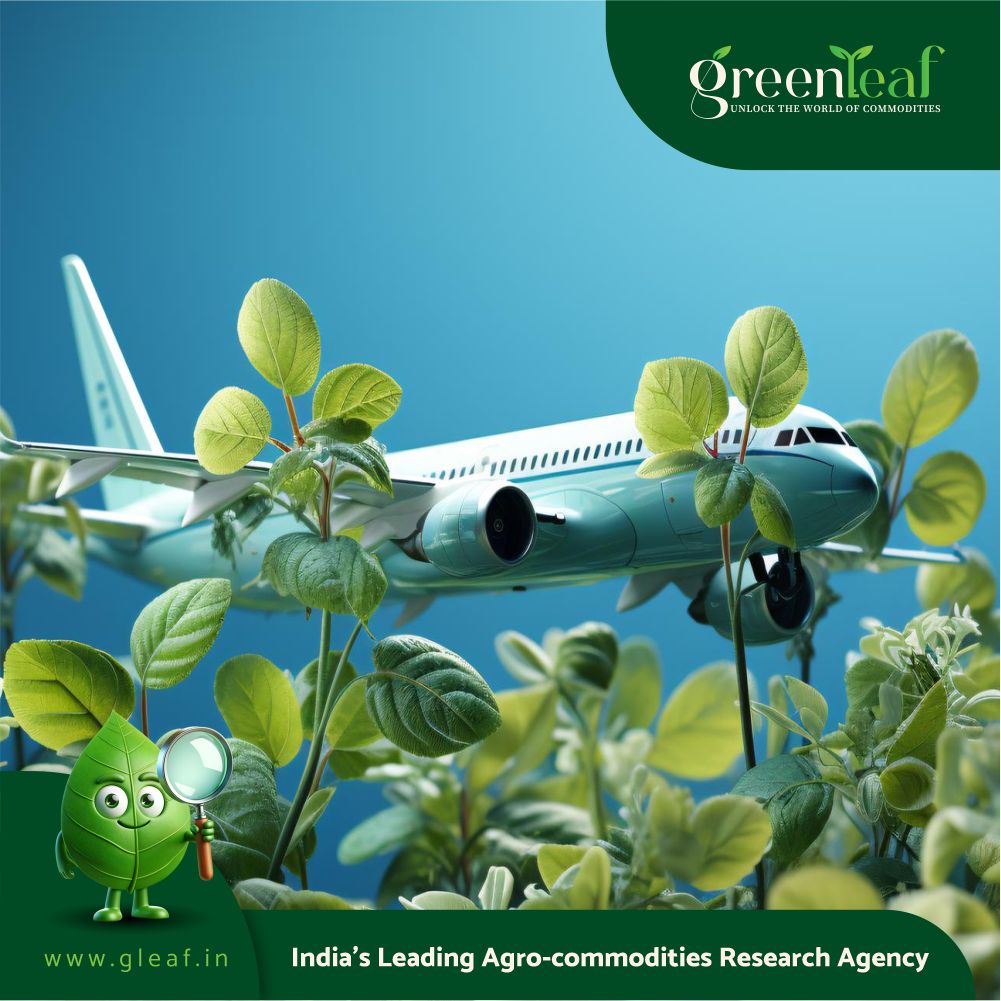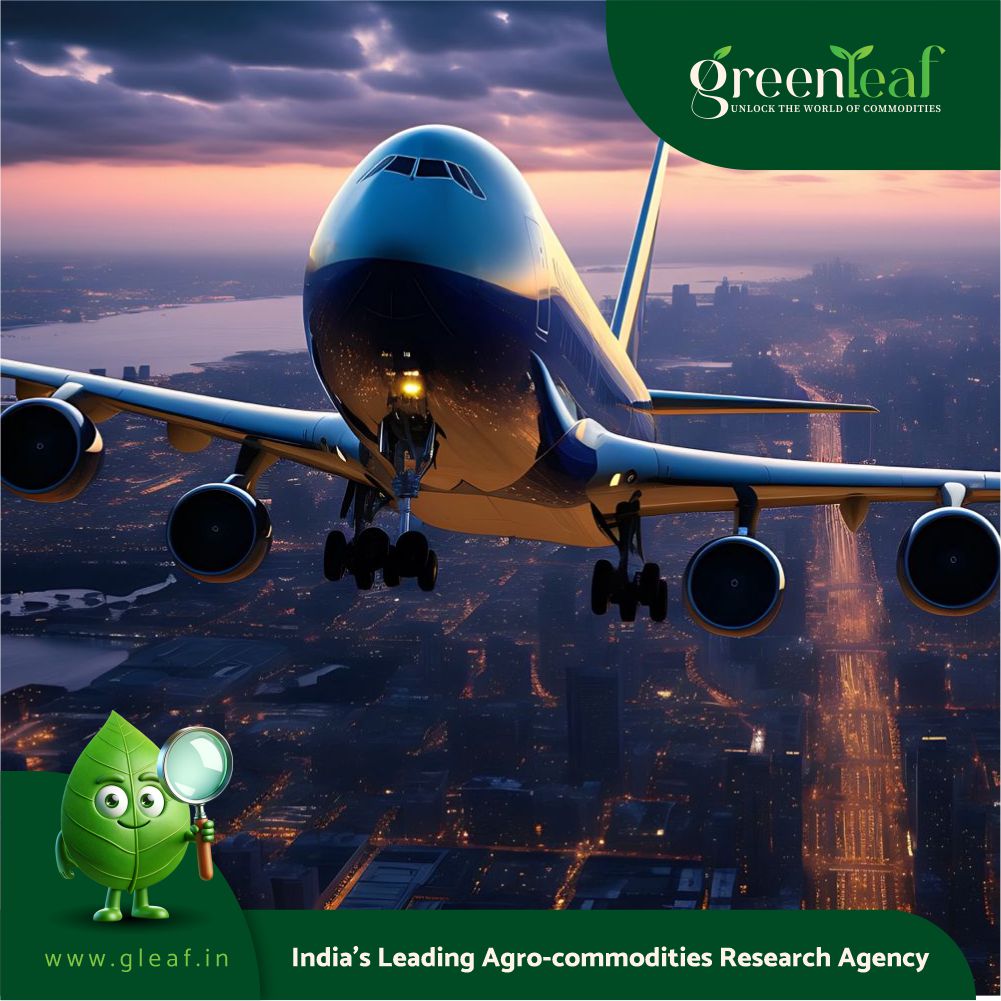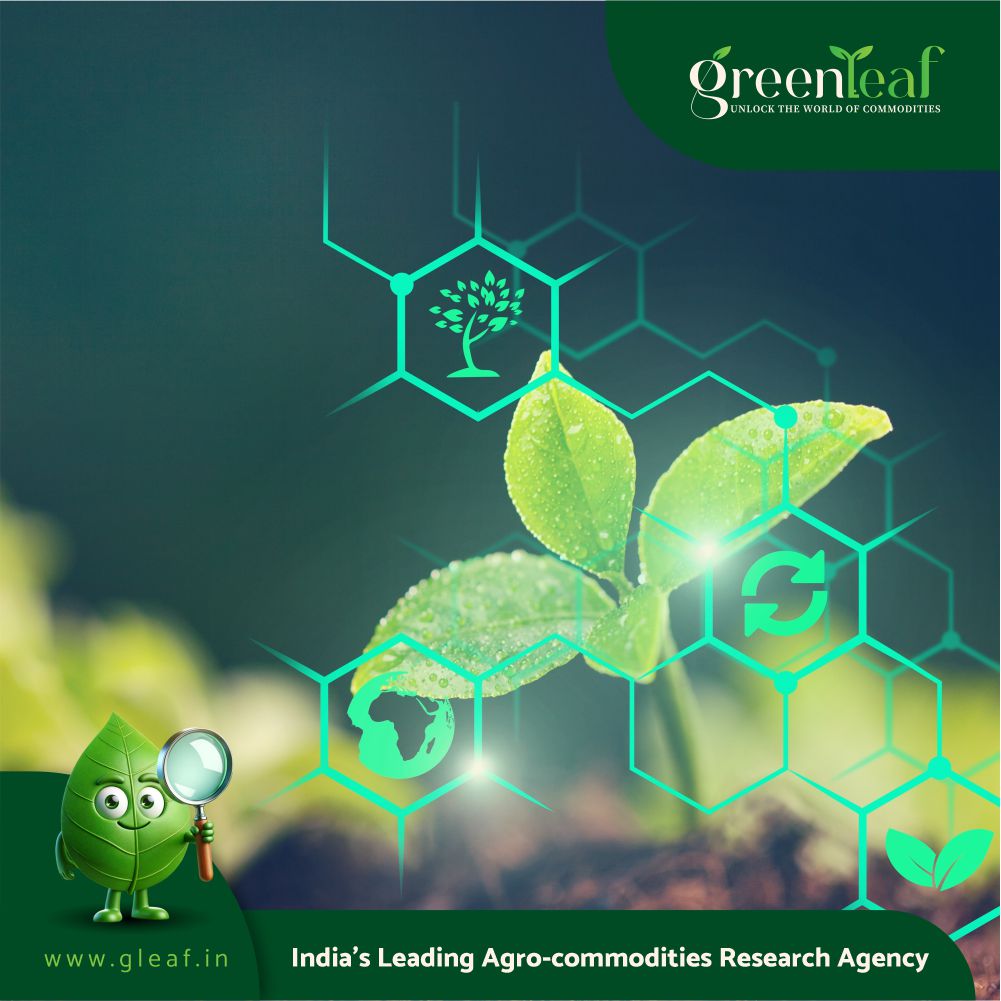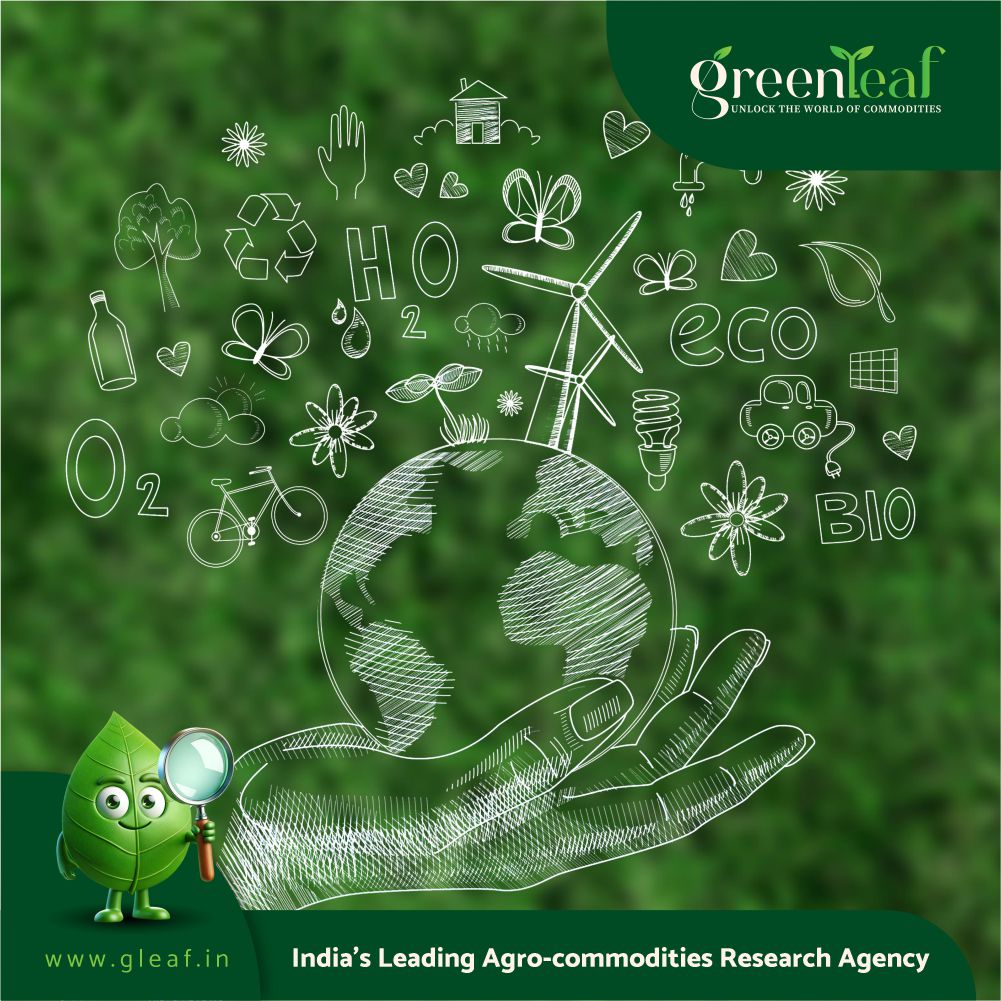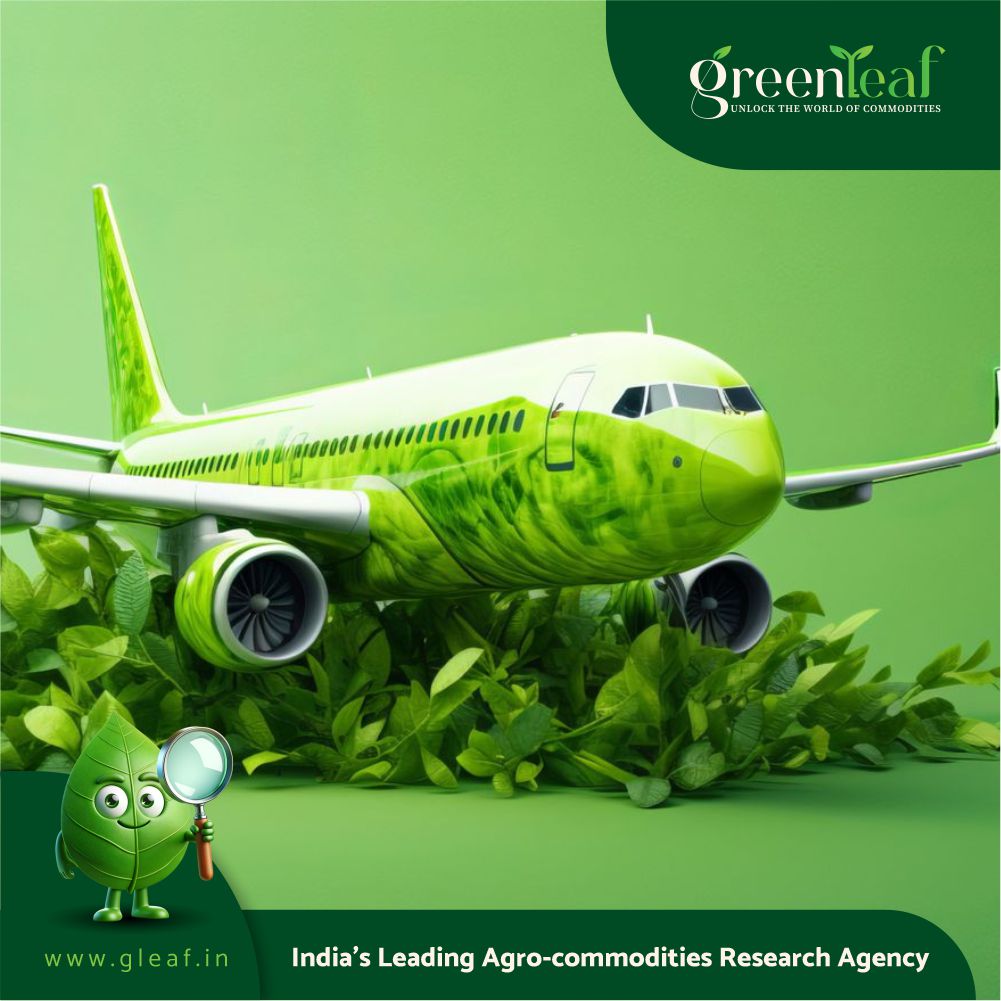The development and use of sustainable aviation fuel is increasing in both mainland China and Hong Kong, with multiple announcements of new partnerships to advance low carbon air transport. China National Aviation Fuel Corporation (CNAF), the country’s largest distributor of jet fuel, has announced it will acquire a stake in a SAF plant operated by Henan Junheng Industry Group Biotech Co, a private Chinese biofuel producer. Hong Kong-based renewable fuels producer EcoCeres has concurrently announced a partnership with China’s Xiamen Airlines, which will collect used cooking oil from a network of restaurants for reprocessing into SAF. Plus global airfreight company DHL will source 2,400 tonnes of SAF from Cathay Pacific Group for use on DHL freight flights operated by Cathay-owned cargo carrier Air Hong Kong. In a similar deal, Neste is to supply 7,400 tonnes of SAF to DHL Express in Singapore for co-branded freight flights operated by Singapore Airlines.
CNAF used Chinese social media to announce its investment in Junheng Biotech, but did not reveal the scale of the proposed shareholding or the value of the deal. In addition to producing SAF from used cooking oil, the company specialises in producing a range of industrial lubricants.
Reuters reports that SAF output from a Junheng refinery in Puyang, Henan Province, will more than double from the current 400,000 tonnes per year to 1 million tonnes by June 2026. It says the deal closely follows an agreement by CNAF to buy 10% of another Chinese SAF producer, controlled by Zhejiang Jiaao Enprotech, which a stock filing by that company valued at 261 million yuan ($36.35 million).
Hong Kong-based renewable energy company EcoCeres has announced a partnership with China’s Xiamen Airlines, a division of the country’s largest carrier, China Southern, to collect and transport used cooking oil for use in expanded SAF production.
The waste will come from selected restaurants in the EcoCeres feedstock supply chain for conversion at its production plant at Zhangjiagang, north of Shanghai, which can produce up to 350,000 tonnes of waste-fat SAF and hydrotreated vegetable oils (HVO) per year.
It will be complemented by a second facility being built in Johor, Malaysia, and due to open later this year, which is targeting additional annual production of more than 400,000 tonnes of SAF, HVO and renewable naphtha.
In its newly-released 2024 Sustainability Report, EcoCeres confirmed that it was supplying SAF and HVO to major airlines including Cathay Pacific, British Airways and Air New Zealand, as well as logistics companies.
EcoCeres claimed its products enabled customers to cut their CO2 emissions by 1.2 million tonnes last year, and that it was targeting a reduction of 5 million tonnes by 2035.
“While our collaborations with leading global airlines have accelerated SAF adoption at Hong Kong International Airport, we are also thrilled about launching our first Malaysia plant to produce SAF later this year,” said EcoCeres CEO Matti Lievonen.
“This expansion will boost renewable fuel output by 420,000 tonnes annually, doubling our production capacity with efficient pipelines for seamless distribution.”
In Hong Kong, global logistics group DHL Express has announced the purchase of 2,400 tonnes of SAF from Cathay Group to help power freight flights across Asia.
The fuel will be used for the remainder of this year on flights from Seoul Incheon, Tokyo Narita and Singapore Changi by Cathay subsidiary Air Hong Kong, which operates co-branded flights on behalf of DHL Express.
The companies estimate that this volume of SAF will reduce lifecycle greenhouse gas emissions by around 7,190 tonnes, equivalent to those generated by more than 100 Singapore-Hong Kong flights by a DHL-Air Hong Kong Airbus A330 cargo jet.
“This partnership marks the first SAF uplift on Air Hong Kong flights, a key milestone for Cathay as we continue to expand SAF usage across our global network,” said Tom Owen, Cathay’s Director, Cargo.
Added Peter Bardens, DHL Express SVP for Network Operations and Aviation in the Asia-Pacific region: “DHL Express is at the forefront of SAF adoption. We look forward to seeing more partners and customers join us on this journey to build a more robust SAF ecosystem in Asia.”
The Air Hong Kong deal adds to a significant portfolio of global SAF partnerships by DHL Express, including in other Asia markets. In addition to its DHL SAF deal, Air Hong Kong recently completed the upgrade of its aircraft fleet, retiring after 20 years the last of its ageing Airbus A300-600 freighters, which have been replaced with 14 longer range, higher payload and more fuel-efficient A330 cargo jets.
Early this year, DHL Express partnered with Cosmo Oil Marketing to use 7.2 million litres of Japanese-made SAF on its flights from Nagoya’s Central Japan International Airport. The SAF will be produced by Saffaire Sky Energy, a subsidiary of Cosmo Energy Holdings, whose mass production facility is scheduled to begin operations this year.
This was followed by an agreement in July to source 7,400 tonnes of SAF from renewable energy company Neste for co-branded DHL / Singapore Airlines freight flights operated on long-haul routes from Singapore’s Changi Airport. Neste will supply CORSIA-eligible SAF from its Singapore production facility for a period of one year from July 2025. The SAF will account for 35-40% of the overall usage of DHL Express’ five Boeing 777 freighters based at its South Asia Hub located at Changi.

